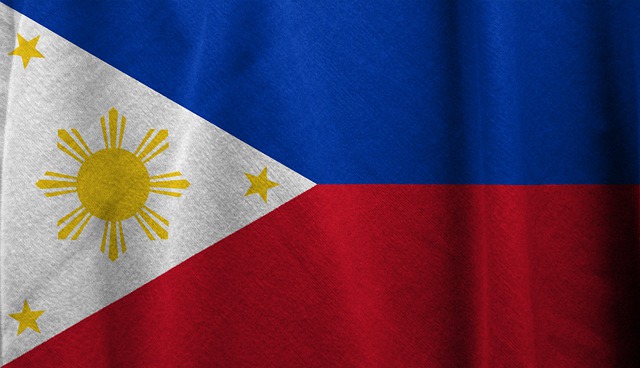The order of the Philippine Securities and Exchange Commission (SEC) that will effectively shut down the operations of Rappler, Inc., an independent digital media company that has been critical of the government, deviates from national jurisprudence and violates the internationally recognized right to freedom of expression by the media, said the International Commission of Jurists (ICJ) today.
Founded by Maria Ressa, one of two journalists awarded the Nobel Peace Prize for their efforts to safeguard freedom of expression, Rappler Inc. earned the ire of former President Rodrigo Duterte because of its critical reporting on his administration’s grave and systemic human rights violations.
“The SEC ruling is just the most recent effort to harass and silence Rappler and its founder, Maria Ressa,” said Sam Zarifi, ICJ’s Secretary General. “The weaponization of law to curb opposing views results in the shrinking of democratic space and leads to an authoritarian rule which allows governments to abuse power with impunity, and undermines the rule of law, transparency and accountability.”
The SEC released an order on 28 June 2022 affirming its 2018 decision to revoke the certificate of incorporation of Rappler Holdings Corporation (RHC) – owner of Rappler, Inc. The SEC based its decision on a supposed violation of the foreign ownership restriction in the Constitution when RHC issued Philippine Depositary Receipts (PDR) to Omidyar Network Fund, LLC. (Omidyar), a foreign entity. PDRs are government-approved financial instruments that allow foreigners to invest in industries with ownership restrictions, such as mass media. PDRs entitle holders to receive dividends from the stocks they represent, but do not evidence ownership of shares in a corporation. The SEC has previously approved the PDR offerings of other mass media networks.
RHC had issued PDRs to two foreign companies, but the SEC only assailed the validity of the PDRs issued to Omidyar, as the terms of the agreement between the two entities which included a clause requiring a “good faith discussion” before any amendments can be made to Rappler’s articles of incorporation or by-laws. The SEC found that this clause gave Omidyar control over RHC and Rappler Inc.’s operations.
The Supreme Court has held, and prevailing jurisprudence shows, that corporations that are deficient in their nationality compliance requirements under the Constitution and the Foreign Investments Act can resolve the defect prior to the start of an administrative case or investigation. In a similar resolution promulgated by the Supreme Court in 2012, a telecommunications company was allowed to “cure” its structure to comply with the foreign ownership requirement.
The SEC should have applied the same principle when RHC submitted a document in 2017 waiving the contentious “good faith clause” in the agreement with Omidyar. Instead, the waiver was disregarded by the SEC due to a technicality, and proceeded to terminate RHC’s very existence. This is particularly troubling given that the operations of RHC and Rappler Inc. are imbued with much public interest.
Even if the original agreement did give Omidyar control over Rappler Inc., the subsequent donation of the PDRs to Rappler officials who are all Filipinos should have cured the defect and resolved any issues of foreign ownership. In fact, the Court of Appeals ordered the SEC to reevaluate its 2018 decision in light of this donation.
“The revocation of Rappler’s certificate of incorporation is essentially an order to cease the delivery of news and information. It seems that the SEC is abusing the law and giving an overly-restrictive interpretation to stifle dissent. The ICJ is particularly concerned at the chilling effect the ruling is likely to bring to the exercise of free expression by independent media in the Philippines,” said Zarifi.
Rappler has until 13 July to appeal the SEC decision with the Court of Appeals. As a State party to the International Convenant on Civil and Political Rights, the Philippines has an obligation to respect and ensure the right to freedom of expression, including the freedom to seek, receive and impart information and ideas of all kinds, regardless of frontiers. The ICJ will be monitoring the case to ensure the protection of human rights.





